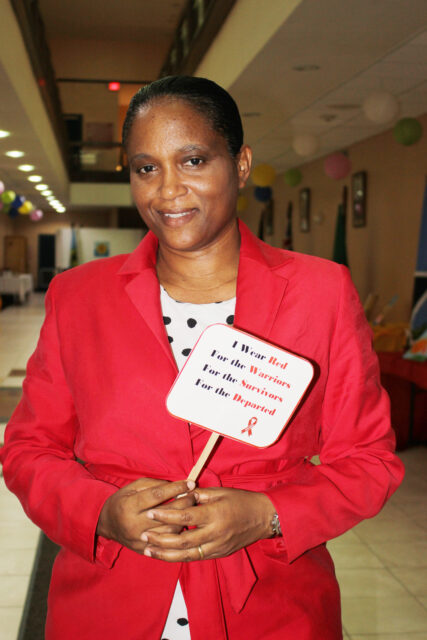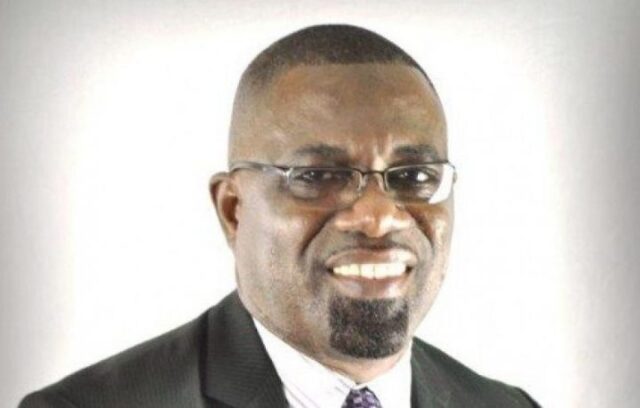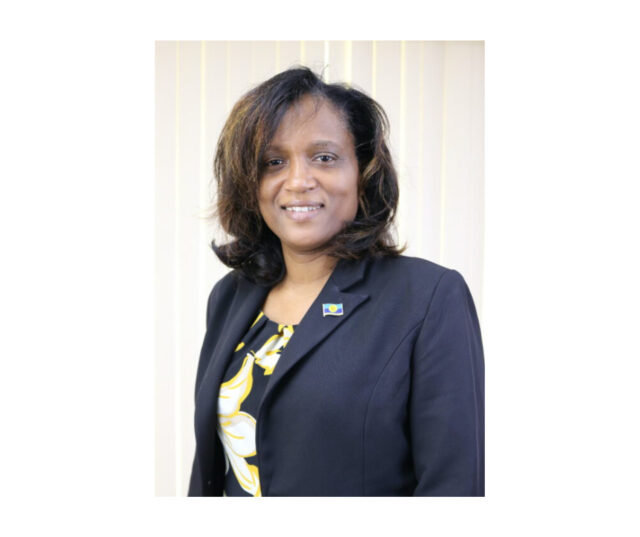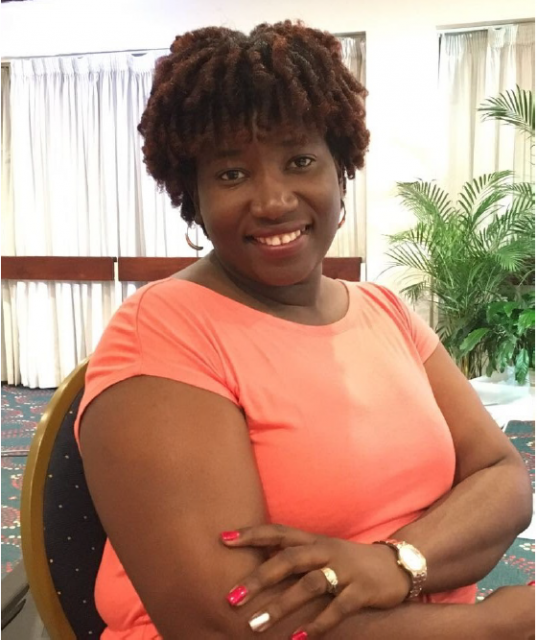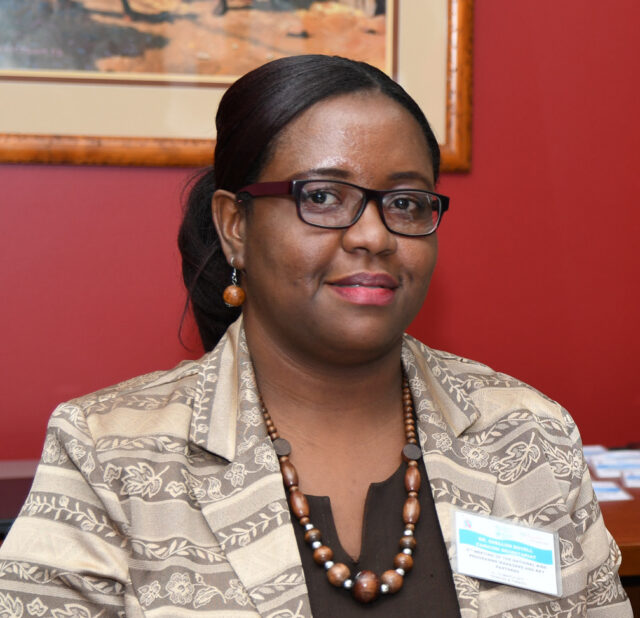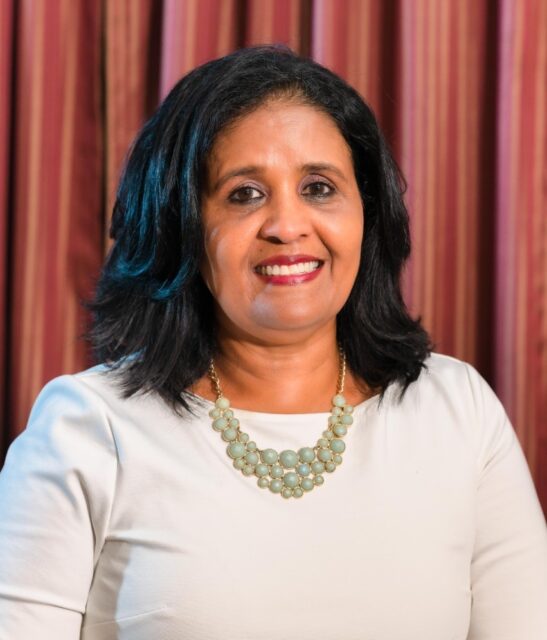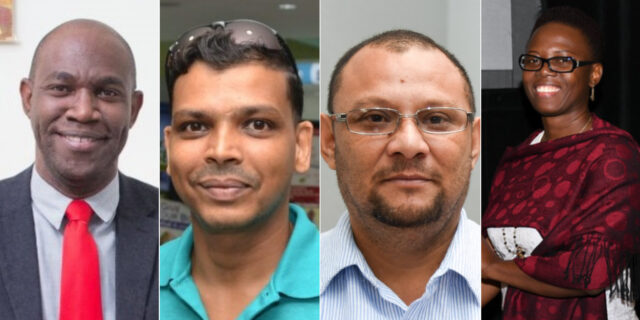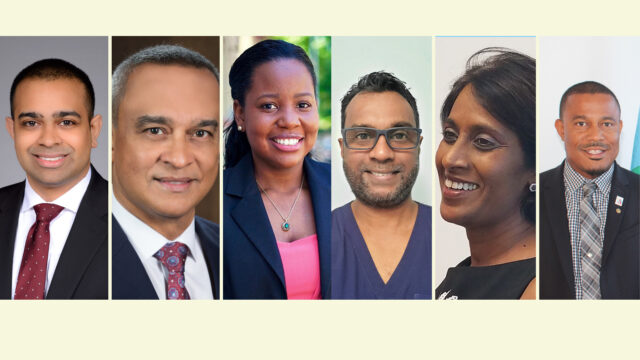

Friday, 1 December 2023, (PANCAP Coordinating Unit, CARICOM Secretariat): The Pan-Caribbean Partnership against HIV and AIDS (PANCAP), the mechanism that provides a structured and unified approach to the Caribbean’s response to the HIV epidemic, hosted a programme in observance of World AIDS Day 2023, on Friday, December 1, under the theme: “Let Communities Lead.”
While reflecting on those persons lost to the disease, sharp focus was also placed on the continued progress made throughout the years and the arduous work that is still to be done to end AIDS by 2030.
Deputy Secretary General of the CARICOM Secretariat Dr Armstrong Alexis in his remarks commended the successful collaboration and the tremendous work undertaken by civil society partners, who continue to work hand-in-hand with the Ministries of Public Health and National AIDS Programmes throughout the region, to ensure that vulnerable populations receive HIV prevention, treatment and care and, most recently, to ensure the continuum of care during the pandemic.
However, he observed that greater synergies must exist between civil society, other community-led organisations and the various regional public health ministries and agencies to bring an end to AIDS in the Region. “I encourage our policymakers and public health stakeholders to strengthen the partnership with civil society and to empower our communities to tackle the persistent challenge of stigma and discrimination. We must continue to nurture and embolden our communities; it is only through this effective partnership we can achieve PANCAP’s Vision Caribbean free of AIDS and new HIV infections, in which all people are happier, healthier, productive, safe and respected,” Dr Alexis emphasised.
Dr Alexis further underscored, that, “While the percentage of people living with HIV with suppressed viral loads increased from 39% in 2018 to 57% in 2022, viral load testing coverage fell below pre-COVID-19 levels, emphasizing the need to address underlying inequalities and barriers, including HIV-related stigma. Hence, the critical importance of creating an enabling environment for our civil society partners and community organizations to take the lead in fighting the stigma associated with HIV,” PANCAP Director, Dr Wendy Telgt Emanuelson in her World AIDS Day message acknowledged that communities – the heart and soul of our fight against HIV – stand at the forefront of progress. Yet, despite their fundamental role, communities continue to encounter barriers hindering their leadership.
She stated that according to UNAIDS, funding shortages, policy constraints, capacity limitations, and restrictions on civil rights hinder the vital work of many community-led organisations. Moreover, by removing these difficulties, the push they bring to the global HIV response will be supreme, in bringing us closer to our goal of ending AIDS.
“The cost of not ending AIDS outweighs the investment required to do so. Removing barriers, ensuring an enabling environment, and safeguarding human rights, especially those of demoted communities, is central in advancing the HIV response globally,” Dr. Telgt Emanuelson highlighted.
Senior Project Officer for the Caribbean Regional Network of People Living with HIV (CRN+), Mr. Jason Shepherd, spoke to the intrinsic value of community involvement in the HIV response. He said: “The role of communities is even more important at a time when funding continues to be reduced and a shrinking space for civil society is putting the sustainability of services and advocacy efforts in jeopardy.”
“CRN+ once again renews the call for the Greater Involvement of People Living with HIV (GIPA). Experiences continue to show that success is more likely when communities are proactively involved in ensuring their well-being. Communities have proven time and time again to be leaders in this work driving change and innovation, and they shouldn’t be hindered in those efforts; they should be supported and heralded for those efforts. Sufficient, consistent funding that ensures the continuity of community services is essential to keep organisations strong to continue meeting the needs of the people they serve,” Mr Shepherd underscored.
Communities across all levels, whether international, regional or local know what works best for them. They know precisely how to effectively communicate with their members to effect the type of desired response needed to mitigate the spread of, and ultimately eradicate HIV and AIDS from within their respective communities.
Therefore, as this year’s World AIDS Day theme boldly states: “Let Communities Lead,” it becomes a clarion call for considerable importance to be placed on strategically engaging community leadership in the AIDS response throughout the world, and even as together we in the region push to achieve not only the 95-95-95 targets but also to realise an AIDS-free Caribbean by 2030.


